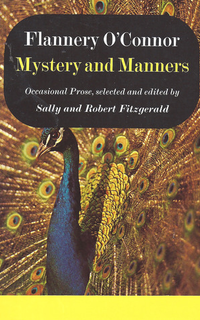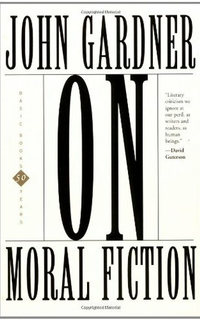Collection
O’Connor was a great writer and this volume collects all of her published thoughts on the craft and how it relates to her faith. Believers, none believers and everyone in between can learn a great deal from what’s on offer here. To be able to tell great stories is a gift. To be able to eloquently explain the process behind it is a second gift that few also receive. O’Connor has both.

A great teacher and doctor offers us examples of how he used fiction and poetry to engage with his students and patients. An honouring of stories ability to shape and effect us. If you are wondering what stories are ‘for’ this does a good job of showing you.
Girard’s mimetic theory has a way of altering your whole way of seeing the world once you discover it. And this now classic piece of scholarship will introduce you to it through the close and groundbreaking analysis of five classic novels. A revelation. (If you really want to go down the Mimetic Theory rabbit hole this may help you)
I simultaneously feel that ‘The Heroes Journey’ story structure is both overused/overrated and also absolutely essential to understand. It is like a raft that, once you use it to get across the river, you should leave behind. Or rather, it should be studied to the point that it is internalised and then no loner consciously mulled over. This book is simply the best guide to the Heroes Journey in storytelling that I have yet to encounter.

Gardner was a great writer, a great teacher and by all accounts a great man. He taught the aforementioned Ron Hansen at Iowa. This book length essay makes a Tolstoyan case for fiction being a vehicle for the telling of eternal truth. For Gardner this is the highest purpose of art. A compelling read and a fit note to end this list on.


